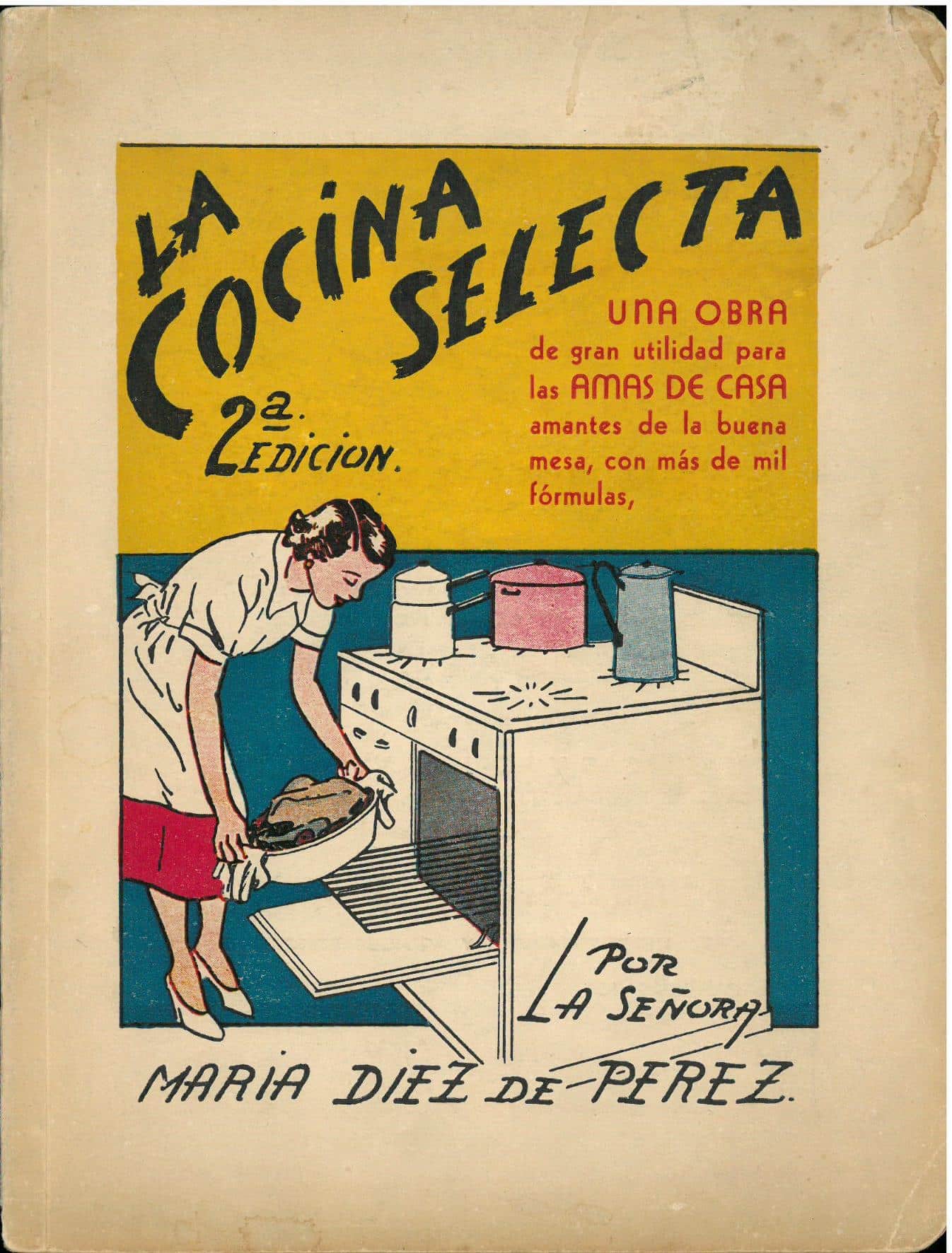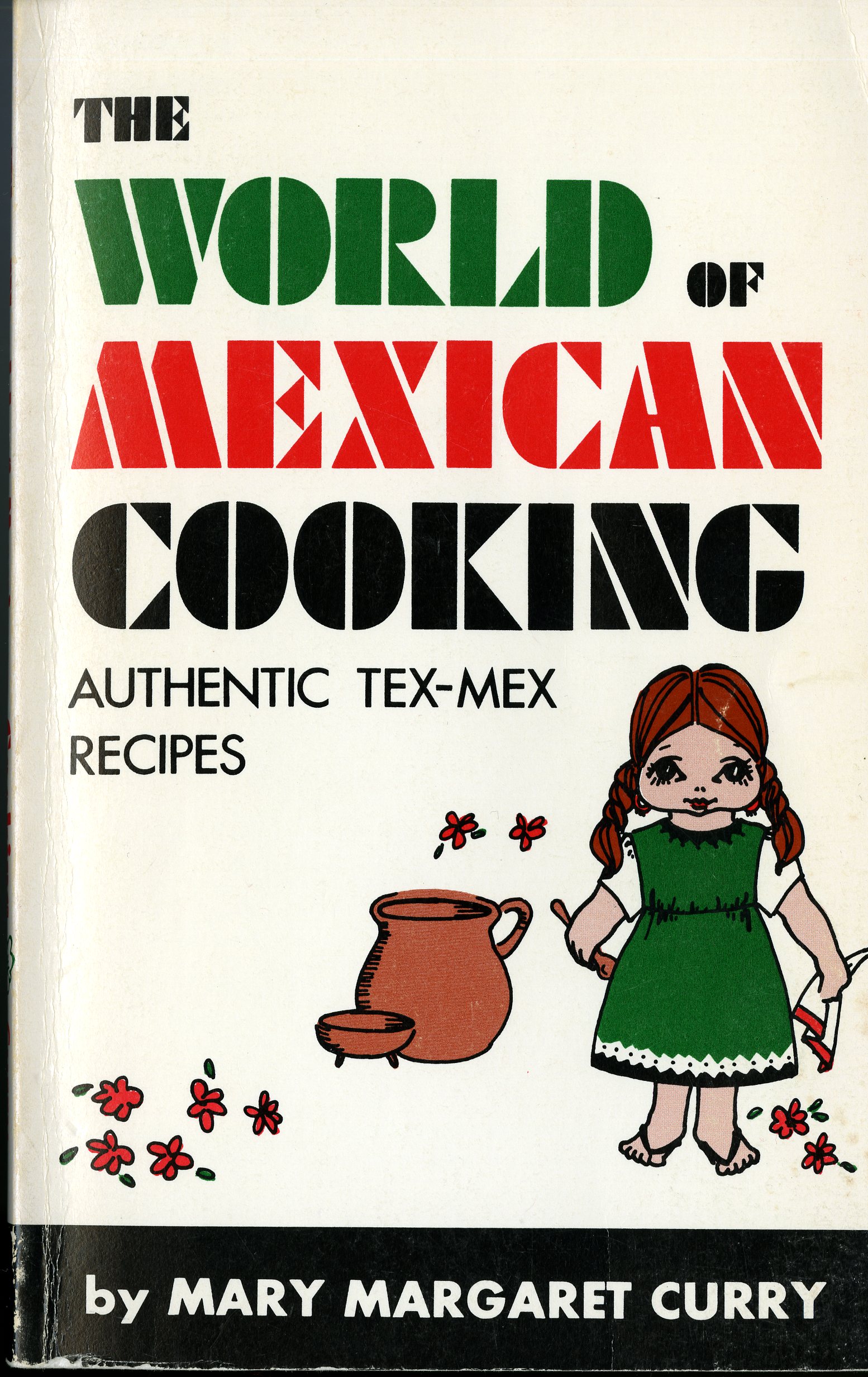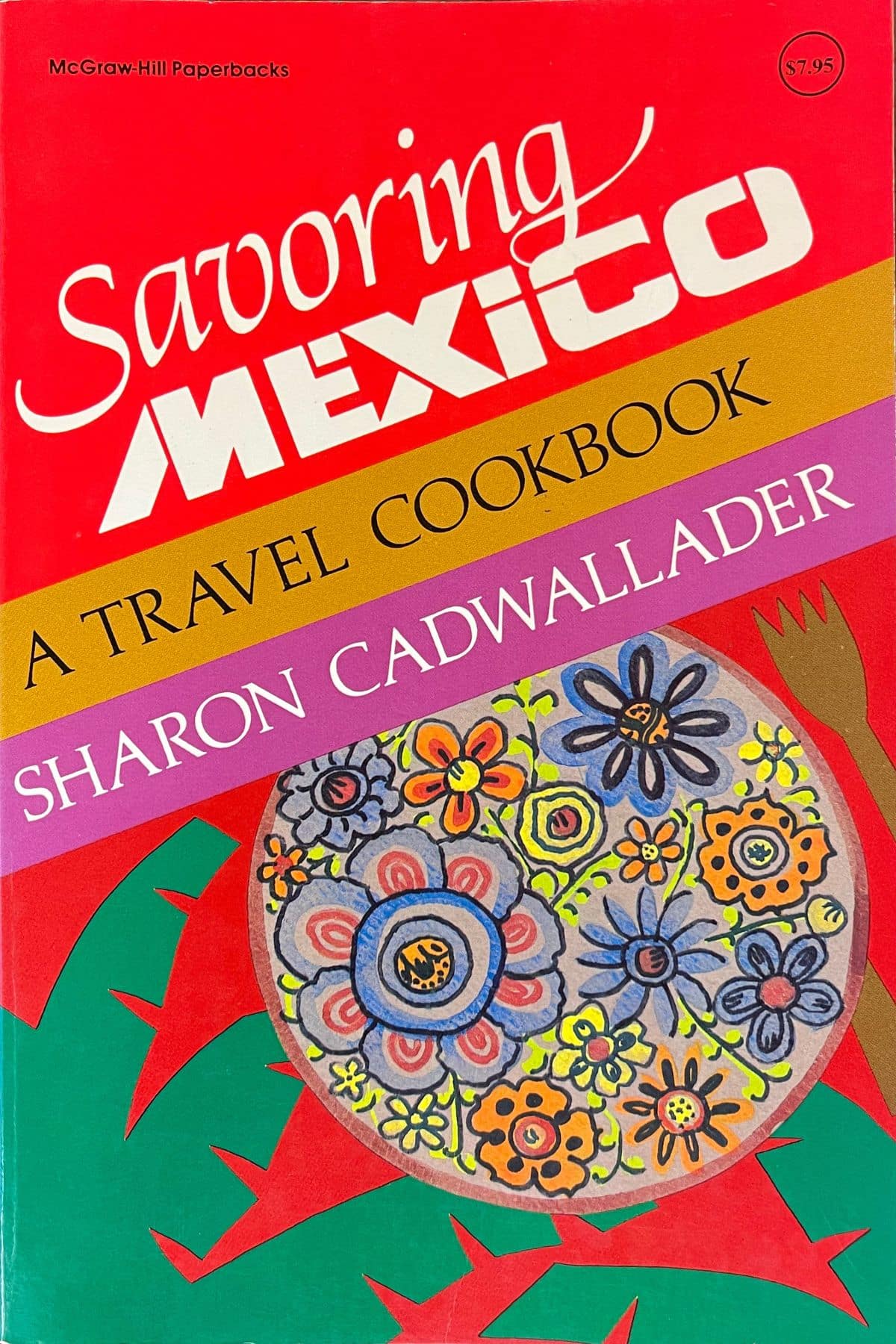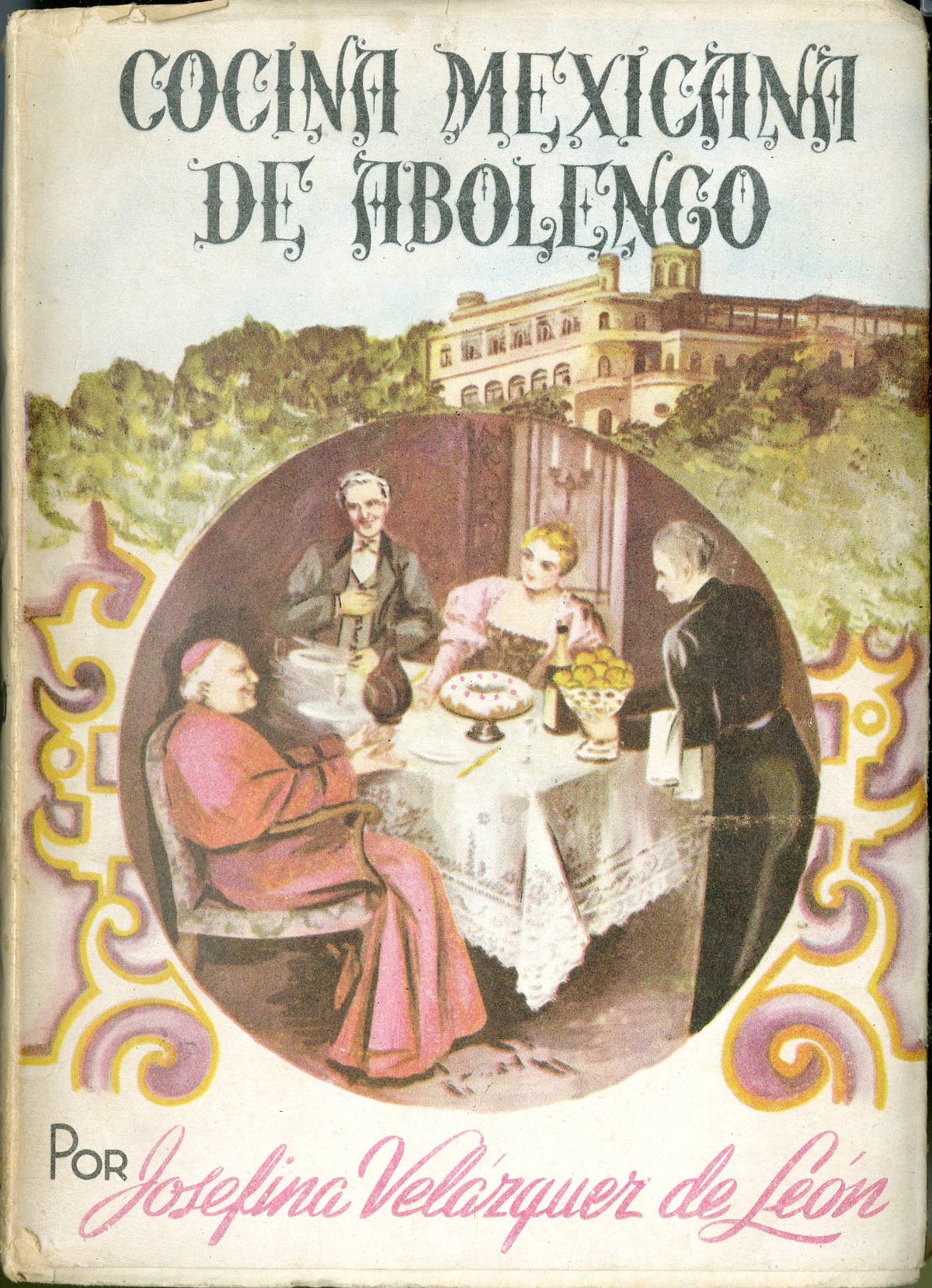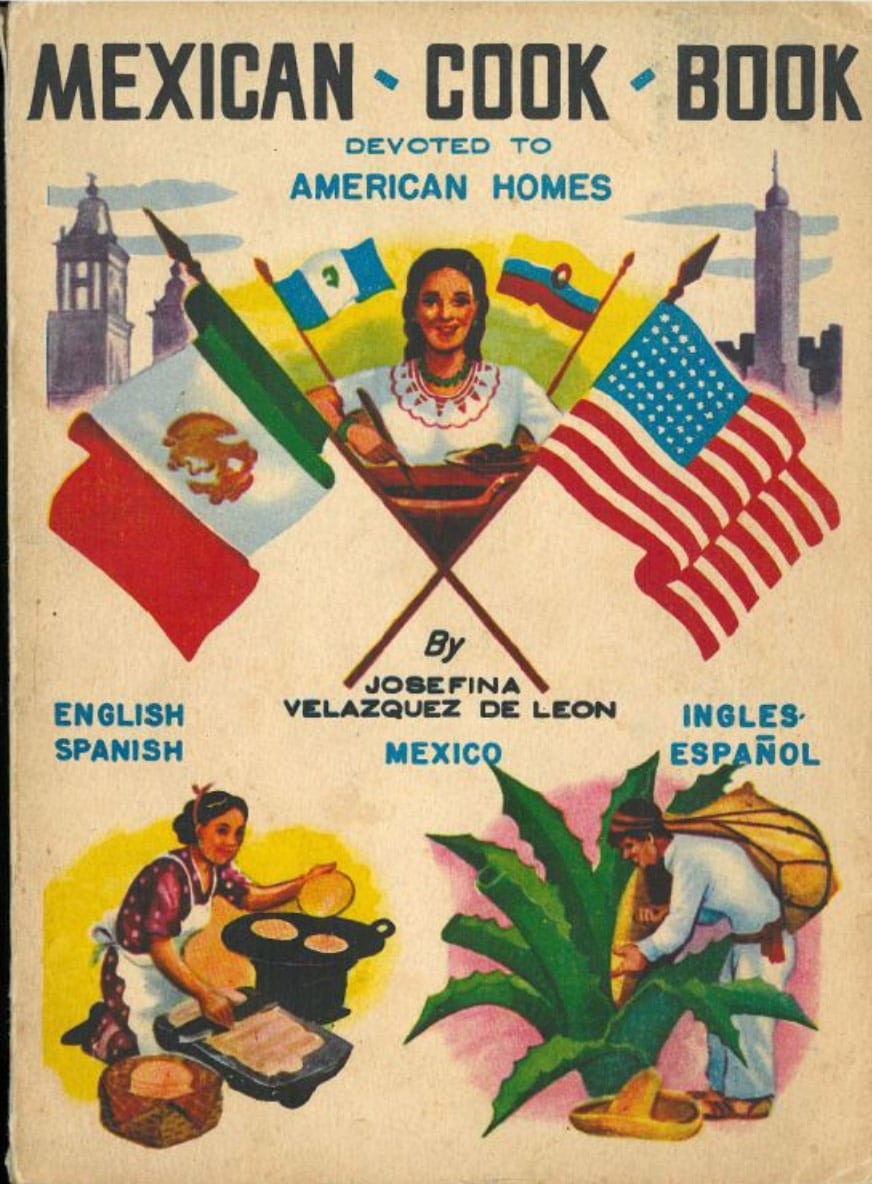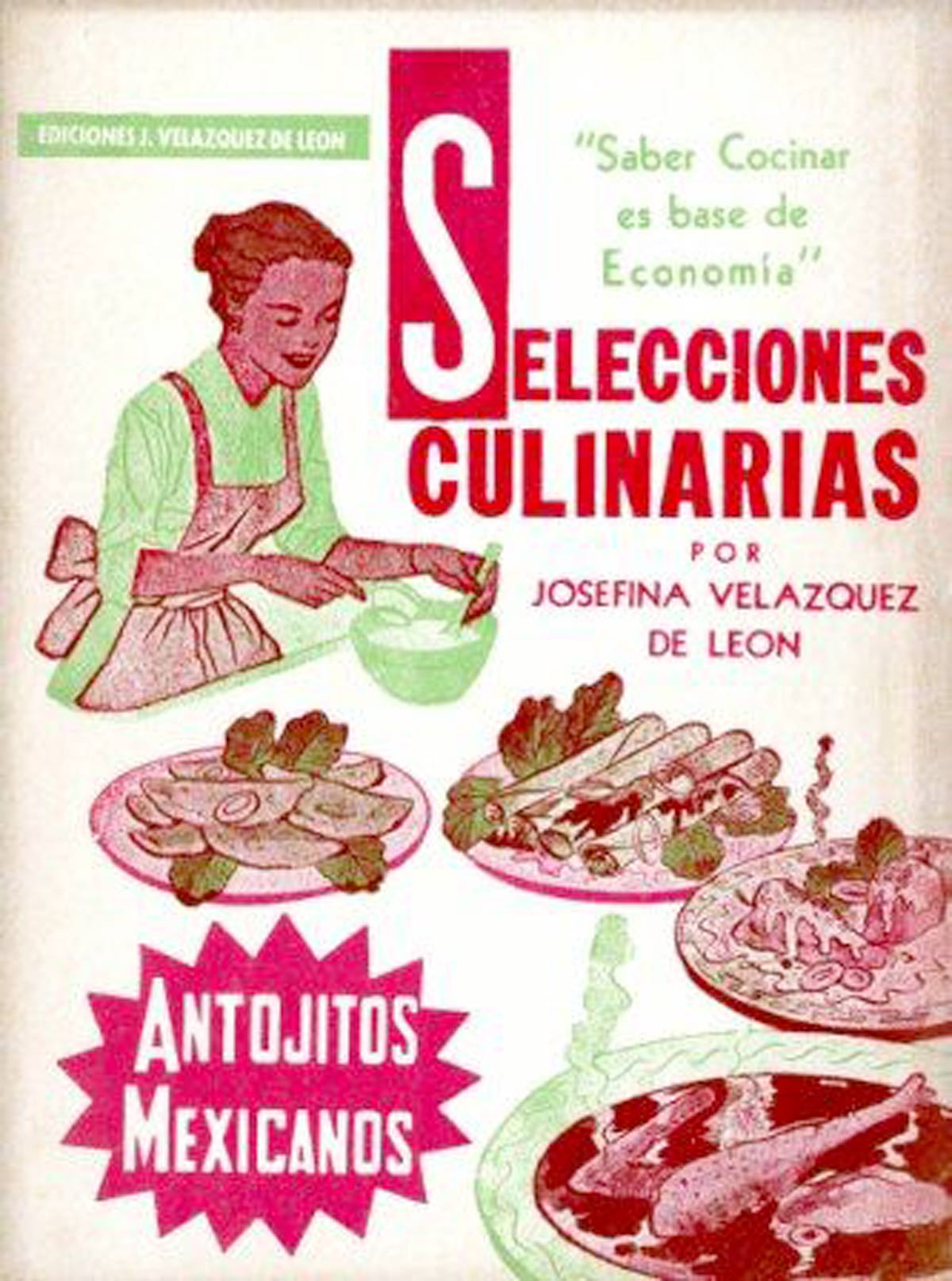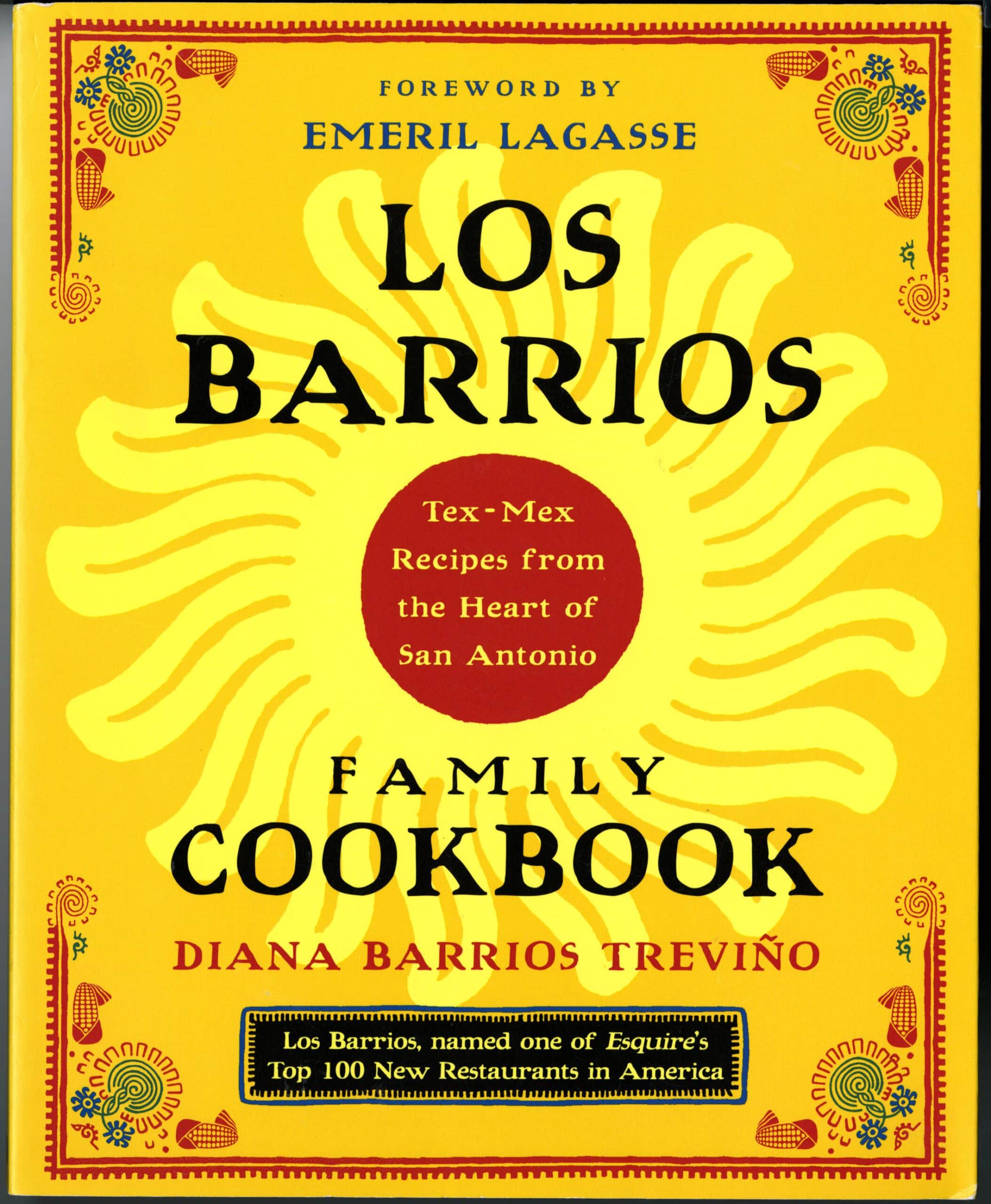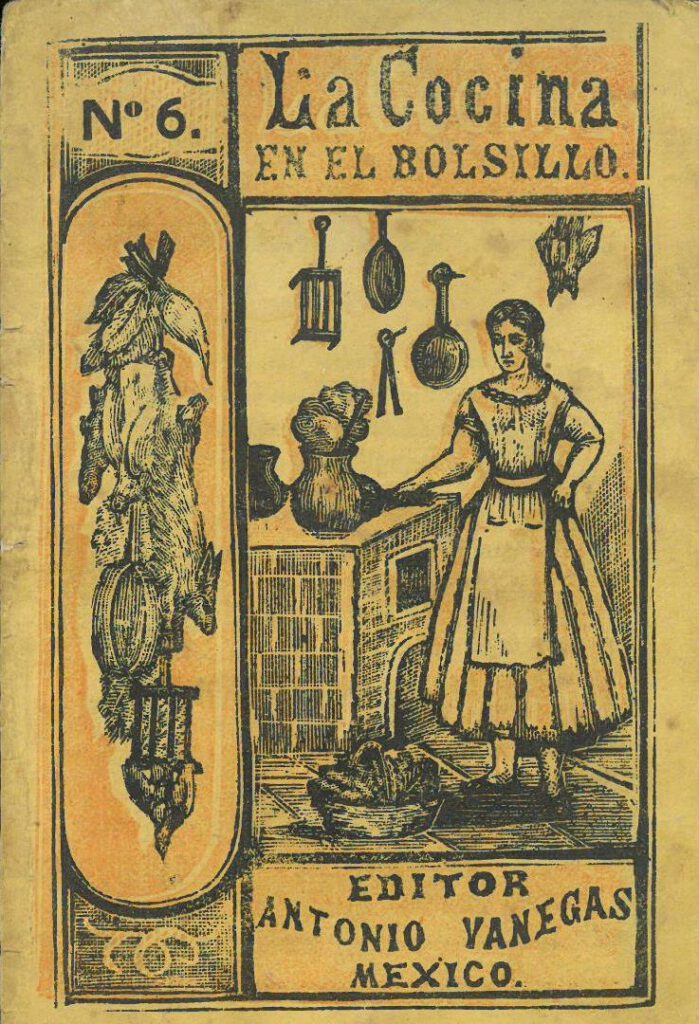
WELCOME TO La COCINA HISTORICA
Explore Mexican Cuisine and Culinary History
Featuring recipes from the Mexican Cookbook Collection at the University of Texas San Antonio Special Collections Department.
La Cocina Histórica was originally published by the University of Texas San Antonio Special Collections Department from 2010-2015. Juli McLoone, UTSA Rare Books Librarian 2009-2015, began the blog as a way to celebrate Mexican cuisine and culinary history. The blog featured weekly recipes from our Mexican Cookbook Collection and photographs of the historic cookbooks they came from. The blog occasionally published “kitchen-tested” recipes from the collection, enlivened by photographs and commentary by library staff who tried out the recipes at home. Juli McLoone authored the majority of posts on La Cocina Histórica, with additional posts contributed by numerous library staff and occasionally students.
In 2024 we revived La Cocina Historica with a new look and feel, updating classic posts with improved photos, and planning to introduce new recipes from the collection in the near future.
The UTSA Mexican Cookbook Collection began with a donation of 550 Mexican cookbooks from San Antonio resident Laurie Gruenbeck, who collected cookbooks during her travels in Texas and Mexico for over 30 years. Currently, the collection includes more than 2,600 Mexican cookbooks in Spanish and English, ranging in date from 1789 to the present.
Highlights of the collection include handwritten manuscript cookbooks, 19th century classics, 20th century corporate advertising cookbooks, small-scale community publications, and thorough coverage of regional Mexican cookbooks over the past several decades.
A complete listing of titles in the Mexican Cookbook Collection can be found here. All of the cookbooks are non-circulating; however, we welcome their use in our reading room in the John Peace Library during our regular hours or by appointment. For more information about the Mexican Cookbook Collection or UTSA Special Collections, please contact us at (210) 458-5505 or specialcollections@utsa.edu.
UTSA Special Collections
John Peace Library
Room 4.03.10
One UTSA Circle
San Antonio, TX 78249
By appointment, Monday-Thursday, 10:00-5:00
A Note About Text and Translations
Because the purpose of this blog is to represent original documents, we reproduce text as it appears in the cookbooks that we feature. Thus, readers may notice instances of “incorrect” spelling, vocabulary, and accent placement. Remember that the usage and spelling of many words has changed over the past two centuries. Additionally, typesetters of the past could be as prone to “typos” as people are today.
English translations are intended to provide a general sense of the original text’s meaning and to allow readers to prepare recipes at home. They should not be taken as professional or authoritative translations.
Some blog posts feature bilingual cookbooks. In these cases, the English and Spanish text provided is from the cookbook itself. Again, spelling, word choice, and accent marks may differ from what contemporary readers would expect to see.
quien comparte su
comida, no pasa solo
la vida.
Explore Reader Favorites
Start here to learn more about Mexican cuisines and its deep history.

